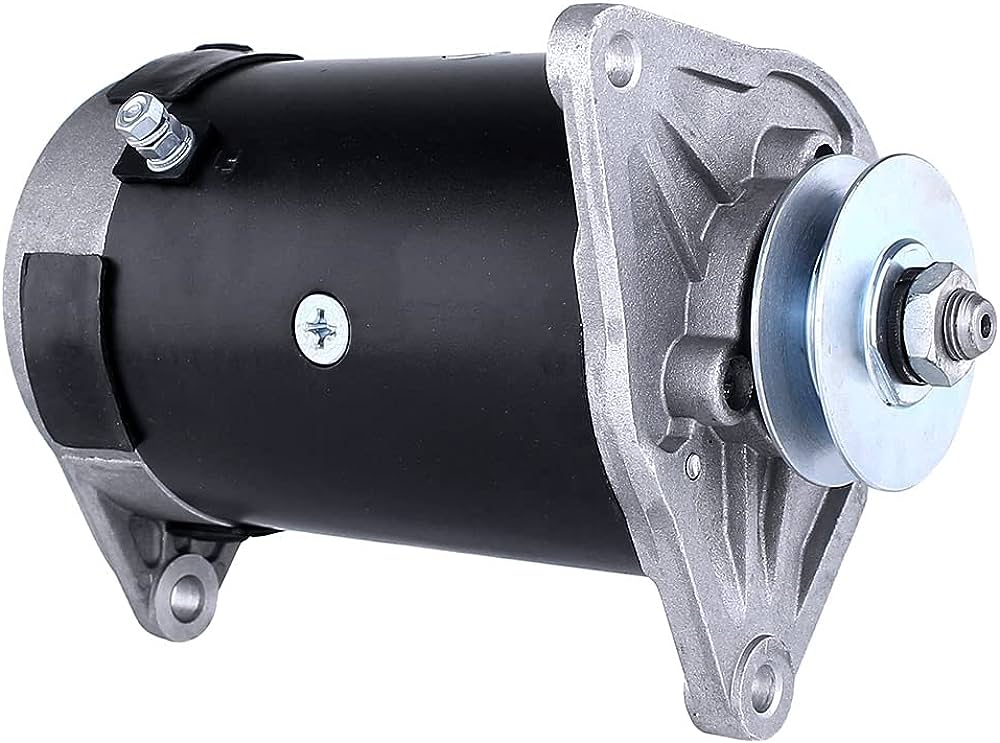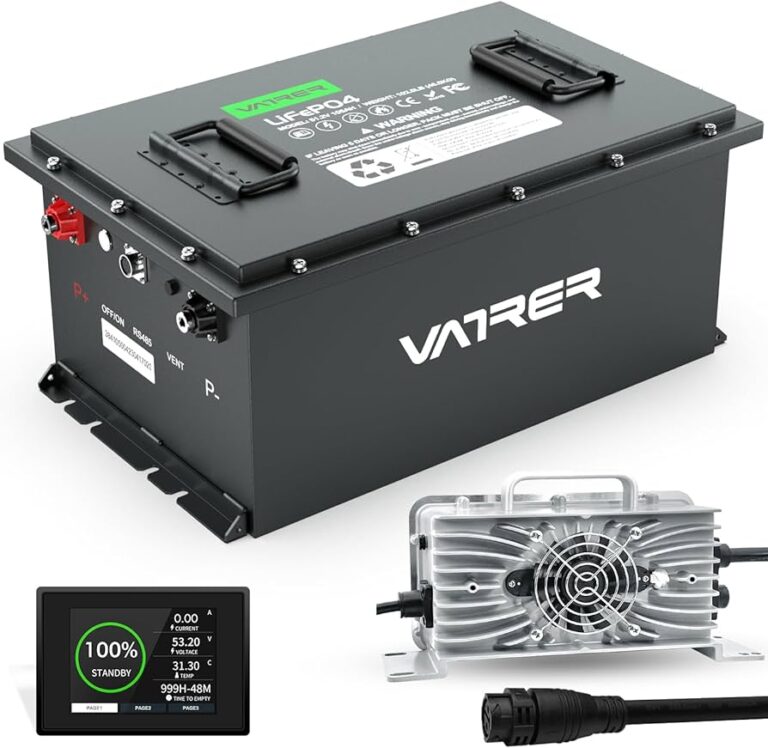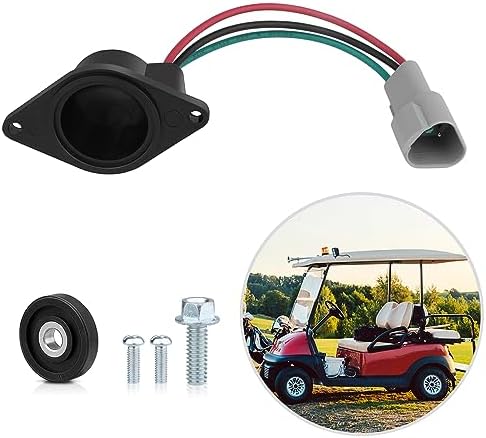Symptoms of a Bad Starter Generator: Troubleshooting Tips and Solutions
Symptoms of a Bad Starter Generator: Common symptoms of a bad starter generator include difficulty starting the engine and a whining or grinding noise. This can indicate issues with the electrical system or the starter’s internal components, resulting in a malfunction that affects the engine’s performance.
When your vehicle exhibits these symptoms, addressing them promptly is crucial to prevent further damage and ensure safe operation. Ignoring potential starter generator problems can lead to inconvenient breakdowns and costly repairs down the line. By understanding these warning signs, you can take proactive measures to maintain your vehicle’s reliability and performance.
In the following sections, we’ll explore the specific indicators of a failing starter generator and provide insights into addressing these issues effectively to keep your vehicle running smoothly.

Credit: startersolenoid.net
Symptoms Of A Bad Starter Generator
Irregular Engine Cranking: One of the prominent signs of a bad starter generator is irregular engine cranking. If the engine struggles to start or you hear unusual clicking noises, it could indicate starter generator issues.
Engine Misfires: A bad starter generator can lead to engine misfires, causing rough idling or a noticeable decrease in engine performance. A decrease in fuel efficiency often accompanies this.
Electrical Issues: Another symptom of a failing starter generator is electrical problems such as dimming lights, flickering dashboard indicators, or issues with the vehicle’s electrical systems. These issues can be indicative of underlying starter generator malfunctions.
Troubleshooting Techniques
When troubleshooting a bad starter generator, it’s important to check wiring and connections for any signs of damage or corrosion. Be sure to inspect the battery to ensure it is providing adequate power to the starter generator. Look for any warning signs such as dimming lights or slow engine cranking. Inspecting the starter generator for signs of wear or damage is also crucial in identifying any issues. Examine the starter generator for any loose bolts or damaged components that may be impacting its performance. By following these troubleshooting techniques, you can effectively identify and address symptoms of a bad starter generator.
Testing The Battery
When testing the battery, it’s important to _conduct a voltage test_ to ensure it has enough power to start the vehicle. Be sure to also _inspect for corrosion_ on the battery terminals, as this can hinder the flow of electricity. Additionally, check the battery terminals for any signs of damage or wear, as these can cause erratic electrical behavior.
Inspecting The Starter Generator
When inspecting the starter generator for symptoms of a potential issue, it is important to check for wear and tear. Look for any visible signs of damage or corrosion on the components. Next, test the starting capacitor to ensure it is functioning properly. A faulty capacitor can lead to starting problems and should be addressed promptly. Additionally, ensure the proper alignment of components within the starter generator. Misalignment can cause unnecessary strain on the system, leading to eventual failure. By paying attention to these key areas during inspection, potential issues with the starter generator can be identified and resolved before they escalate.
Solutions For Bad Starter Generators
| Symptoms of a Bad Starter Generator |
| When a starter generator is malfunctioning, common indicators include slow engine cranking, dimming lights, and a clicking noise when starting the engine. |
Should you suspect faulty wiring, promptly inspect for loose connections, frayed wires, or exposed wiring that may need replacement.
Upgrading the starter generator to a higher output model can improve performance and prevent future issues.
To ensure proper diagnosis and resolution, professional repair assistance is recommended when encountering persistent starter generator problems.
Frequently Asked Questions Of Symptoms Of A Bad Starter Generator
What Are The Common Symptoms Of A Bad Starter Generator?
A bad starter generator may produce clicking sounds, have difficulty starting, or cause erratic electrical performance. These symptoms may indicate a failing starter generator.
How Can I Diagnose A Bad Starter Generator?
You can diagnose a bad starter generator by checking the battery, inspecting the wiring, and testing the starter motor and voltage regulator for proper function.
What Are The Potential Risks Of Ignoring Starter Generator Issues?
Ignoring starter generator issues can lead to frequent breakdowns, damage to other electrical components, and ultimately, complete failure of the starter generator system.
Can A Bad Starter Generator Cause Other Engine Problems?
Yes, a bad starter generator can lead to other engine problems such as difficulty starting, poor performance, and even damage to other electrical components in the system.
Conclusion
Recognizing the symptoms of a bad starter generator is crucial for maintaining the performance of your vehicle. By paying attention to warning signs such as grinding noises, sluggish starts, and electrical failures, you can take proactive measures to address the issue before it escalates.
Regular maintenance and immediate repairs can ensure the longevity of your starter generator and prevent costly breakdowns.





